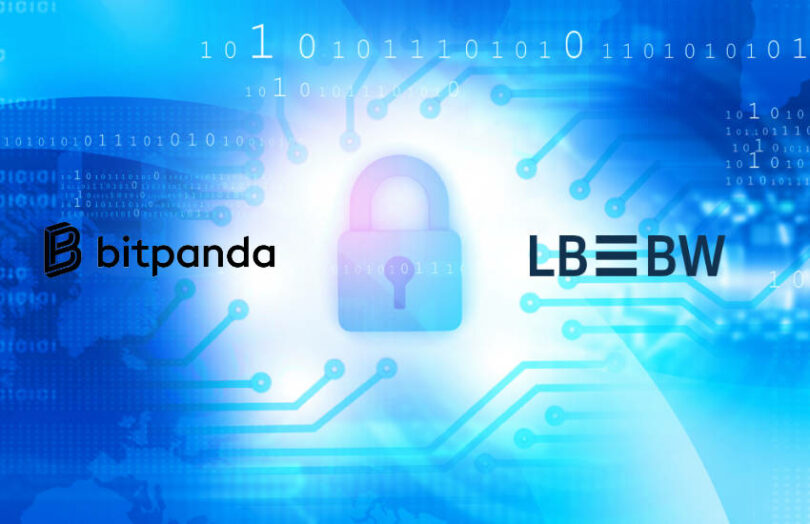Today Germany’s Landesbank Baden-Württemberg (LBBW) announced a partnership with crypto firm Bitpanda to provide cryptocurrency services to its corporate clients. Initially that includes custody and trading of Bitcoin, ETH and other digital assets. It plans to start with a custody pilot during the second half of 2024.
As part of the deal Bitpanda will provide LBBW with an “investing-as-a-service” infrastructure.
“The demand from our corporate customers for digital assets is increasing,” said Dr. Jürgen Harengel, COO Corporate Bank of LBBW. “We are convinced that crypto assets will establish themselves as a building block for further business models. With the cooperation, we are creating the technical and regulatory basis at an early stage to best support the individual crypto strategies of our corporate customers.”
Bitpanda also counts Austrian community bank Raiffeisenlandesbank NÖ-Wien and German neobank N26 as clients.
Many of Germany’s biggest banks have announced cryptocurrency custody and trading plans. Deutsche Bank has partnered with Taurus. Commerzbank secured a crypto custody license from BaFin late last year. DZ Bank is also preparing a crypto solution for its 737 community bank (Raiffeisenbank) members.
Competition isn’t just from banks, with the Deutsche Börse launching its DBDX crypto trading solution. Its subsidiary, Crypto Finance, provides settlement and custody. Börse Stuttgart has been offering retail crypto services for years and also provides institutional custody.
LBBW’s blockchain track record
Meanwhile, LBBW has been actively using distributed ledger technology (DLT) for years. It was involved in a promissory note transaction in 2017, a €100 million corporate Schuldschein for Daimler. Its two biggest initiatives were the Marco Polo trade finance platform, which has since shut down. More recently it became a backer of DekaBank’s SWIAT tokenization platform. It was also amongst the first to use Deutsche Börse’s D7 digital securities platform. While the first iteration of D7 is centralized, it is blockchain-based.






